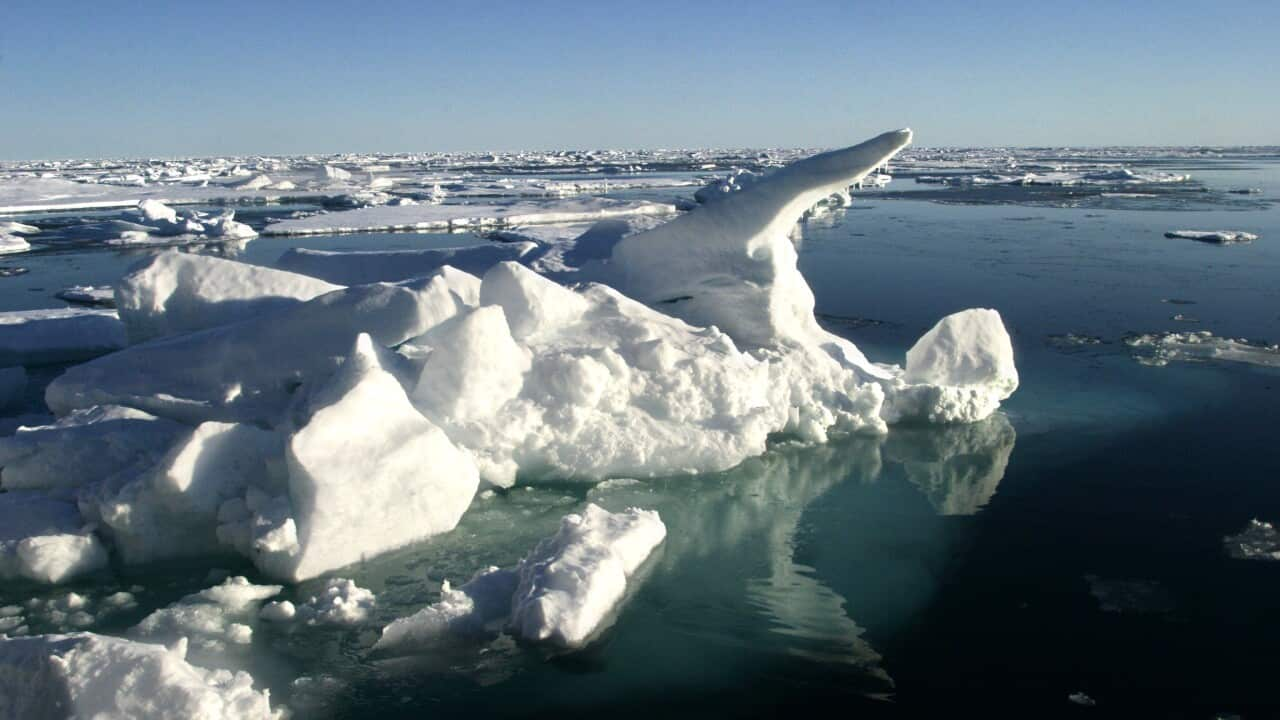The United States plans to name an ambassador at large for the Arctic, reflecting the region's growing strategic and commercial importance as its shrinking opens up new sea lanes and vast oil and mineral resources.
Russia has reopened hundreds of Soviet-era military sites in the region, NATO Secretary General Jens Stoltenberg said on Friday, a day after visiting the Arctic, saying Russian capabilities there pose a strategic challenge to the 30-nation alliance.
Russia's 24 February invasion of Ukraine, which Moscow calls a "special military operation," has heightened Western concerns about Russian ambitions around the world.
China, which describes itself as a "near-Arctic" state, also has ambitions in the region and has said it intended to build a "Polar Silk Road."
China has its eye on mineral resources and new shipping routes as ice caps recede with rising temperatures.
In a statement, the US State Department said President Joe Biden planned elevate the area's importance within the US government by nominating an ambassador-at-large for the Arctic region, subject to the Senate's advise and consent.
It did not say who would be nominated.
"An Arctic region that is peaceful, stable, prosperous, and cooperative is of critical strategic importance to the United States," the Department said.
"As one of eight Arctic nations, the United States has long been committed to protecting our national security and economic interests in the region, combating climate change, fostering sustainable development and investment, and promoting cooperation with Arctic States, Allies, and partners," it said.
The eight Arctic nations are Canada, Denmark, Finland, Iceland, Norway, Sweden, Russia and the United States.
Mr Stoltenberg stressed the need to beef up security along the alliance's northern flank to counter Russia, as he wrapped up a visit to Canada that included a tour of its Arctic defenses.
"The high north is strategically important for Euro-Atlantic security," Mr Stoltenberg told a news conference at an air base in Cold Lake, Alberta, noting that with Finland and Sweden joining, seven of eight Arctic states will be NATO members.
"The shortest path to North America for Russian missiles and bombers would be over the North Pole," he also warned. "This makes NORAD's role vital for North America and therefore also for NATO."
NORAD is the North American Aerospace Defense Command, a US-Canadian organisation.

